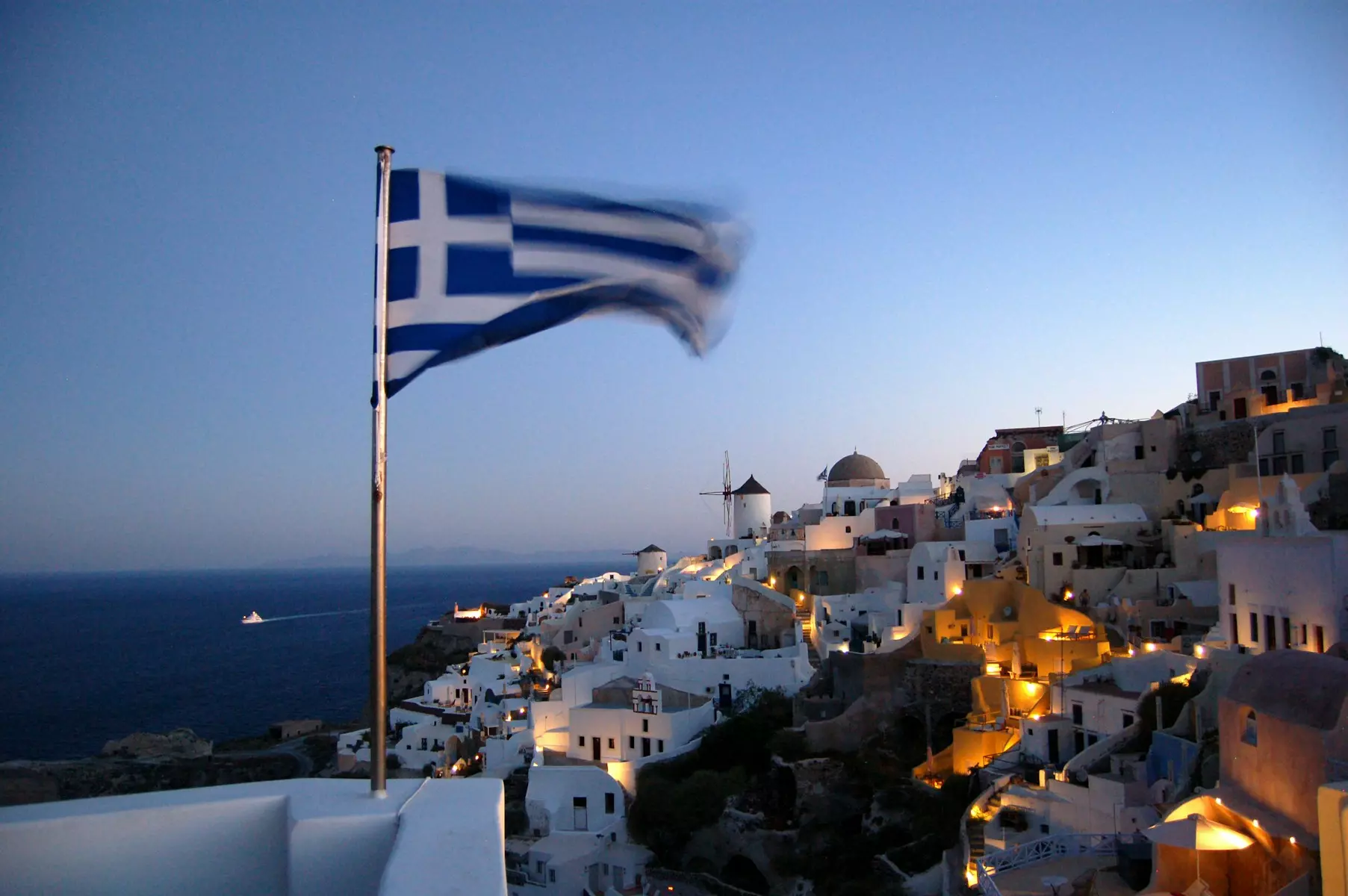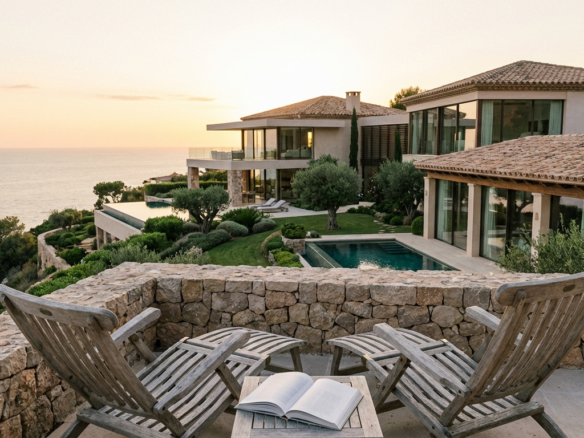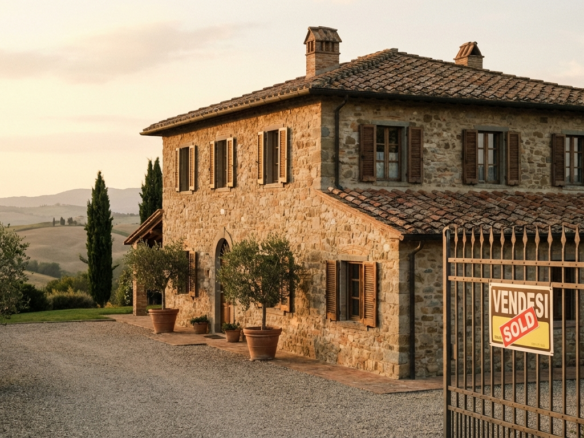Greece has emerged as the undisputed leader in second home ownership across Europe, with statistics revealing a remarkable trend that sets the Mediterranean nation apart from its continental neighbors. This phenomenon reflects deep-rooted cultural values, strategic investment practices, and unique geographic advantages that make property ownership particularly attractive to Greek families and investors alike.
Get 50% OFF!
Subscribe to our newsletter and enjoy a 50% discount on all listing packages, no strings attached!

Greece Leads Europe in Second Home Ownership Rates
Greece Tops Europe in Second Home Ownership
Greece stands proudly at the summit of European second home ownership, with an impressive 36.8% of households owning at least one additional property beyond their primary residence. This figure significantly outpaces other European nations and highlights a distinctive aspect of Greek society that values property ownership as both a cultural tradition and financial strategy. The data positions Greece well ahead of countries like Italy, Spain, and France, which are also known for their robust property markets.
The scale of this achievement becomes even more remarkable when compared to the European average, which hovers around 15-20% for second home ownership. Greek families have consistently prioritized property investment across generations, creating a market dynamic that has remained resilient despite economic challenges. This trend spans across different income levels and age groups, indicating that second home ownership in Greece transcends typical luxury market boundaries and represents a mainstream investment approach.
Why Greeks Invest in Multiple Properties
Cultural heritage plays a fundamental role in driving Greek property investment patterns, with many families viewing real estate as the most secure form of wealth preservation. Traditional Greek values emphasize the importance of leaving tangible assets to future generations, and property ownership represents stability in an often uncertain economic landscape. This mindset has been passed down through generations, creating a self-reinforcing cycle where property investment becomes a natural financial milestone for Greek households.
The concept of the family home extends beyond a single residence in Greek culture, often encompassing ancestral properties, vacation homes, and investment properties that serve multiple purposes. Many Greek families maintain connections to their regional origins while living in urban centers, leading to ownership of properties in both locations. This dual-residence pattern reflects the strong ties Greeks maintain with their heritage locations, whether on islands, in mountain villages, or coastal areas that hold special significance for family history.
Island Homes Drive Greece’s Housing Market
Greece’s unique geography, featuring over 6,000 islands and islets, creates exceptional opportunities for second home ownership that few other European countries can match. The allure of island properties extends beyond mere vacation homes, as many Greeks view these coastal and island properties as essential retreats that provide both personal enjoyment and rental income potential. Popular destinations like Crete, Mykonos, Santorini, and numerous smaller islands offer diverse property options that cater to different budgets and preferences.
The island property market has shown remarkable resilience and growth potential, driven by both domestic demand and international interest. Greek families often prioritize island properties for their summer residences, creating a robust internal market that supports property values year-round. These properties frequently serve multiple functions: personal vacation homes, rental properties for tourism income, and long-term investment assets that appreciate over time due to limited land availability and consistent demand from both Greek and international buyers.
Economic Factors Behind Property Investment
Despite facing significant economic challenges over the past decade, Greeks have maintained their commitment to property investment as a hedge against inflation and currency fluctuations. Real estate has traditionally provided Greeks with a sense of security that other investment vehicles cannot match, particularly during periods of economic uncertainty. The tangible nature of property ownership appeals to Greek investors who prefer assets they can see, touch, and directly control rather than abstract financial instruments.
Low interest rates and government incentives have further encouraged property investment, making it accessible for middle-class families to expand their real estate portfolios. The Greek banking system has historically supported property purchases through favorable lending terms, recognizing real estate as solid collateral. Additionally, the rental income potential from second homes, particularly those in tourist areas, provides ongoing cash flow that helps justify the investment and covers maintenance costs while building long-term equity.
Future of Greek Real Estate Ownership
The outlook for Greek second home ownership remains positive, supported by recovering tourism numbers and increased international interest in Greek properties. The country’s Golden Visa program has attracted foreign investment, which indirectly supports property values and creates additional demand that benefits Greek property owners. Digital nomad trends and remote work flexibility have also increased the appeal of Greek properties as both permanent and temporary residences for international buyers.
Sustainable development initiatives and infrastructure improvements across Greek islands and mainland regions are expected to further enhance property values and ownership appeal. The government’s focus on modernizing transportation links, improving utilities, and supporting eco-friendly development projects creates a foundation for continued growth in the property sector. As Greece continues to position itself as a premier Mediterranean destination for both living and investment, the tradition of multiple property ownership is likely to remain a defining characteristic of Greek household wealth strategies for generations to come.
Greece’s position as Europe’s leader in second home ownership reflects a unique combination of cultural values, geographic advantages, and economic pragmatism that creates an exceptional property market. As the country continues to recover and modernize while maintaining its traditional appeal, the trend toward multiple property ownership appears set to continue, reinforcing Greece’s distinctive position in the European real estate landscape.





Join The Discussion